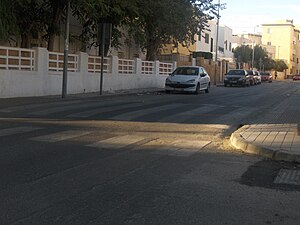
We live in an age where new words keep popping up faster than microwave popped corn. A lot of this has to do with the internet. Words such as blog, webinar, branding, social media were either not known, little used or meant something entirely different before the turn of the century. Now I’ve come across another one: blovel. This means a blog that has been turned into a novel or vice versa, I’m not sure which. However, some people think that writing a blovel can help an author build a platform, leading to a book deal with a major publisher. After all, that’s the reason many of us write, isn’t it?
One advocate of book blogging says it’s very easy to turn your blog into a book. Simply write a short blog post every day starting from the beginning of your book and at the end of a year you should have a book, er, blook. I’m sure you can figure what that is. While she admits that blogging your book lends itself best to non-fiction, she thinks it is also possible to turn out a good blovel. She advises that you
a) plan your story arc well,
b) divide your chapter into mini-scenes,
c)decide how you will weave your posts into a manuscript that flows.
These all sound plausible, however Jane Friedman, professor, media professional and former publisher of Writer’s Digest pleads, “Please don’t blog your book.” While Jane agrees that some blogs may make for excellent books, these are the ones that fall in the information category or are memoirs, like Julia and Julia. Jane’s reasons for not blogging your book are also straightforward and plausible. They are:
a) Blog writing is not like book writing. Think SEO, keyword etc.
b) Blogs can make for very bad books – unless it’s an e-book or an illustrated book.
c)If a book sounds like a series of blog posts, she considers it a failure.
In some of the forums I visited on the subject, one author brought up the very important of original work. Publishers tend to shy away from anything that’s considered already published, and if it appeared on your blog then it qualifies as published work. Another person said he has been blogging scenes from his book, but he has yet to acquire a readership.
I’ll continue this discussion in another post. Meanwhile, drop me a line and let me know if you think blogging your book is a good idea, or if you have done it what kind of results have you had.






